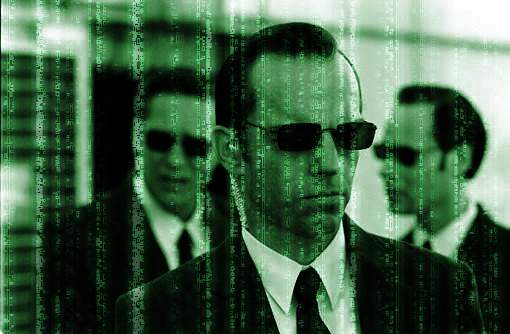It’s been called the “Trusted Internet ID” scheme by some observers. It won’t matter what we choose to call the government’s proposed Internet licensing system because in the end we probably won’t have a say in it.
Earlier in the week we reported that the US Department of Commerce was preparing to create an Internet ID for all Americans. White House Cyber security Coordinator Howard Schmidt said that the Department of Commerce is “the absolute perfect spot in the US government” to build an online “identity ecosystem.”
Right off the bat I can tell you that attempting to force people to identify themselves on a national level doesn’t have much to do with the Department of Commerce’s official mission. We should all be feeling skeptical about this ID scheme.
Thanks to a nearly dead technology known as “history books”, we know that the US government has a long history of misinterpreting the commerce clause and that their many attempts to micromanage most aspects of the economy and centralize economic authority have been well documented. Historically this is a new low for them.
Commerce Secretary Gary Locke provided us with this latest bit of government cyber security rhetoric:
“We are not talking about a government-controlled system. What we are talking about is enhancing online security and privacy and reducing and perhaps even eliminating the need to memorize a dozen passwords, through creation and use of more trusted digital identities.”

Internet and technology expert Lauren Weinstein hit the nail on the head when he read between the lines of the official quotes. He highlighted the most important fundamental issue from this cyber security proposal in one good statement:
“This entire scheme rests on the ability to link Internet presence/roles with real-world identities. So even if no physical card ever exists, the system as currently understood would very much equate to a national ID card for accessing the Internet.”
The government is attempting to license and control our Internet activity by introducing a national Internet ID program. It’s not hard to see that the government views the pool of information and connectivity potential known as the Internet as a dangerous object, the same view they have on nearly every human activity.
Their response is to try and put their limitations on the way we access certain services on the Internet. They’re making a halfway claim of sorts that they’re doing us a “favor” by creating an Internet ID and eliminating the need to remember passwords.
But what they’re really doing is creating a way that they can identify us every time we access the Internet. It will only be a matter of time before any Internet business has to be conducted through their well monitored and approved channels if you want to have involvement in the American economy. Before long I bet that those who don’t get licensed probably won’t show up in the system, and until they get a license, it will be like they don’t exist.
And the maddening thing is that right now it doesn’t look like Americans will have any say in how this Internet ID goes down. I promise you, it is a bad idea for so many political and security reasons. Trust me, it’s worth googling to try and get some different perspectives on.
I have a feeling that a lot of people who don’t usually agree with me might be with me on this one.






